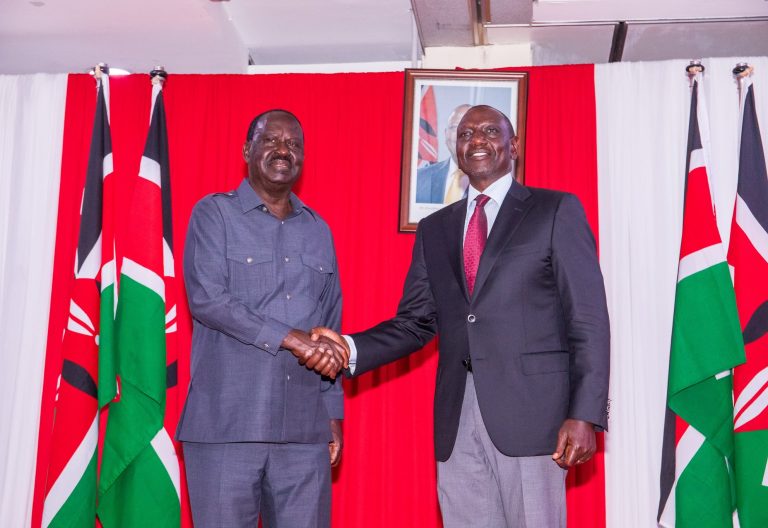Tax on condoms will raise healthcare costs, MPs told
By George Kebaso and Mercy Mwende, August 6, 2024Kenya will have to bear an extra $68 million (Sh10 billion) in added healthcare costs due to a shortage of condoms unless taxation on the latex commodity is reviewed to zero.
Members of the National Assembly’s Committee on Health heard yesterday that the country’s health facilities are recording an unprecedented rise in the number of sexually transmitted infections (STIs) and HIV.
Health NGOs expressed concern that the costs of treating STIs, new HIV infections, and complications arising from unplanned pregnancies are likely to rise even more as Kenya continues to record new infections among young people aged 18-28 in the context of diminishing funding.
“The total costs of treating an additional 400,000 STIs will be an estimated Sh1.5 billion ($12 million), while treating every new HIV infection will cost the country Sh3, 245 ($25), meaning an estimated Sh71.4 million,” said AIDS Healthcare Foundation Country Director Samuel Kinyanjui, who made presentations to the committee on behalf of several organisations.
To attend to an additional 200,000 complications arising from unplanned pregnancies, he said Kenya will need up to Sh6.5 billion ($50 million), as the government continues to struggle to address a condom demand deficit of an estimated 200 million.
Kenyans need at least 400 million condoms annually but the government is on pace to distribute only between 150-200 million annually.
The committee chaired, Robert Pukose (Endebess), heard that this shortage will continue to affect access to the commodity by the poor as the ‘free-to-distribute’ condoms are not available due to the ever-rising Value Added Tax (VAT) on the commodities.
“As a country, we may harvest very painful outcomes in the next few years as a result of the condom shortage and the taxes imposed on imported commodities,” Kinyanjui said, even as Kenya’s single local manufacturer closed its doors, citing the high cost of raw materials.
In 2021, the government introduced VAT for the first time on essential medical commodities, including gloves, diagnostics and condoms..
More Articles

